 |
 |
 |
 |
|
 |
 |
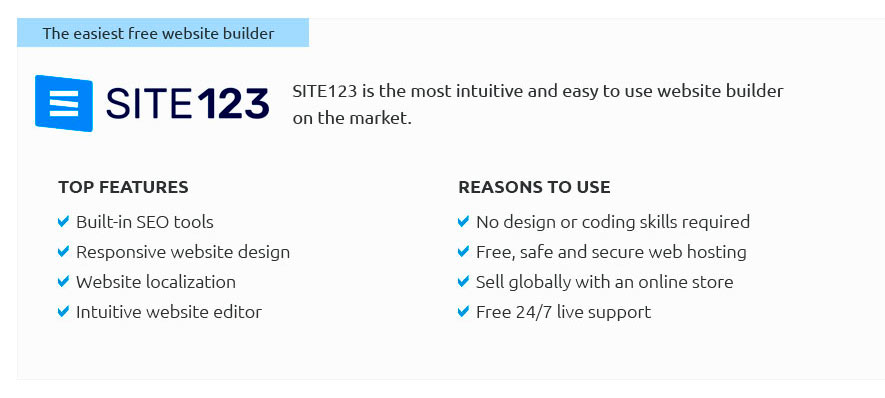 |
|
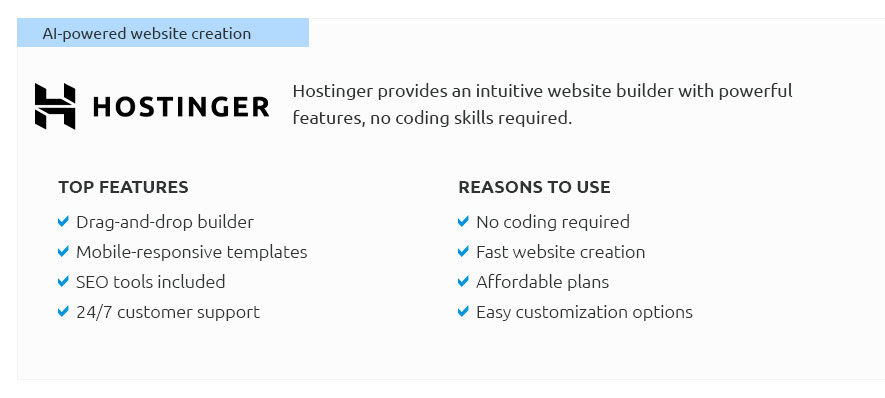 |
|
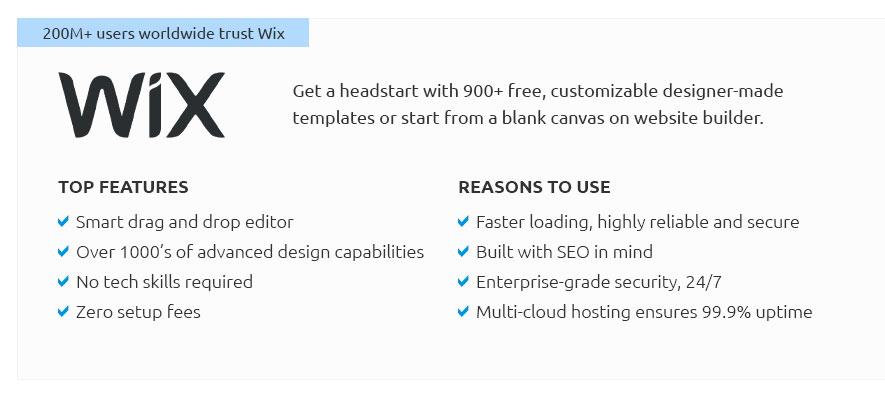 |
 |
|
 |
|
 |
|
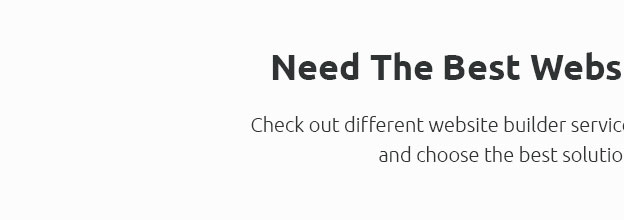 |
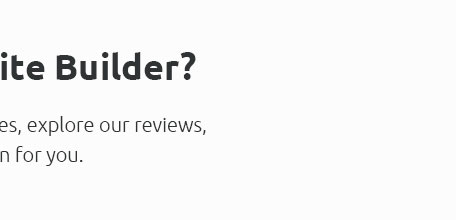 |
How to Create a Web Page: Essential Tips and ToolsUnderstanding the Basics of Web Page CreationCreating a web page is a fundamental skill in today's digital world. Whether you're building a personal blog or a business website, understanding the basics is crucial. A web page is essentially a document that is part of a website, accessible through a web browser. The process involves structuring content with HTML and styling it with CSS. Why Create a Web Page?Visibility and Reach: Having a web page increases your visibility and allows you to reach a global audience. It is an essential platform for sharing information, services, or products. Tools You Need
Step-by-Step Guide to Creating a Web PagePlanning Your Web PageBefore diving into coding, it's important to plan the structure and content of your web page. Consider what you want to achieve and who your target audience is. Structuring with HTMLHTML is the backbone of any web page. It provides the structure and framework for your content. Start by defining the essential elements such as headings, paragraphs, and lists. Here's an example:
Styling with CSSCSS is used to style your web page and make it visually appealing. You can define styles for fonts, colors, and layout to enhance user experience. For more advanced styling, consider using website developing software that can offer a variety of templates and design options. Publishing Your Web PageOnce your web page is designed and tested, the final step is to publish it online. This involves uploading your files to a web server using a hosting provider. Ensure that your website is responsive and accessible on different devices and browsers. Choosing a Domain NameYour domain name is your website's address. Choose a name that is easy to remember and reflects your brand or content. Using SEO Best PracticesSearch Engine Optimization (SEO) is crucial for improving your web page's visibility in search engine results. Use relevant keywords, meta descriptions, and alt tags to optimize your content. For businesses, it might be beneficial to create a page for business to enhance your brand's online presence. Frequently Asked Questions
https://www.weebly.com/
Weebly's free website builder makes it easy to create a website, blog, or online store. Find customizable templates, domains, and easy-to-use tools for any ... https://www.quora.com/How-do-you-create-a-web-page-using-HTML
1. Open your favorite text editor (i.e. notepad or notepad++) - 2. Write few html tags: . - 3. Click ... https://sites.google.com/site/horstwebdesign/about-google-sites
new) to create a new Google Site. There are a few essential parts of the editor that you should become familiar with: Site and Publish Settings.
|